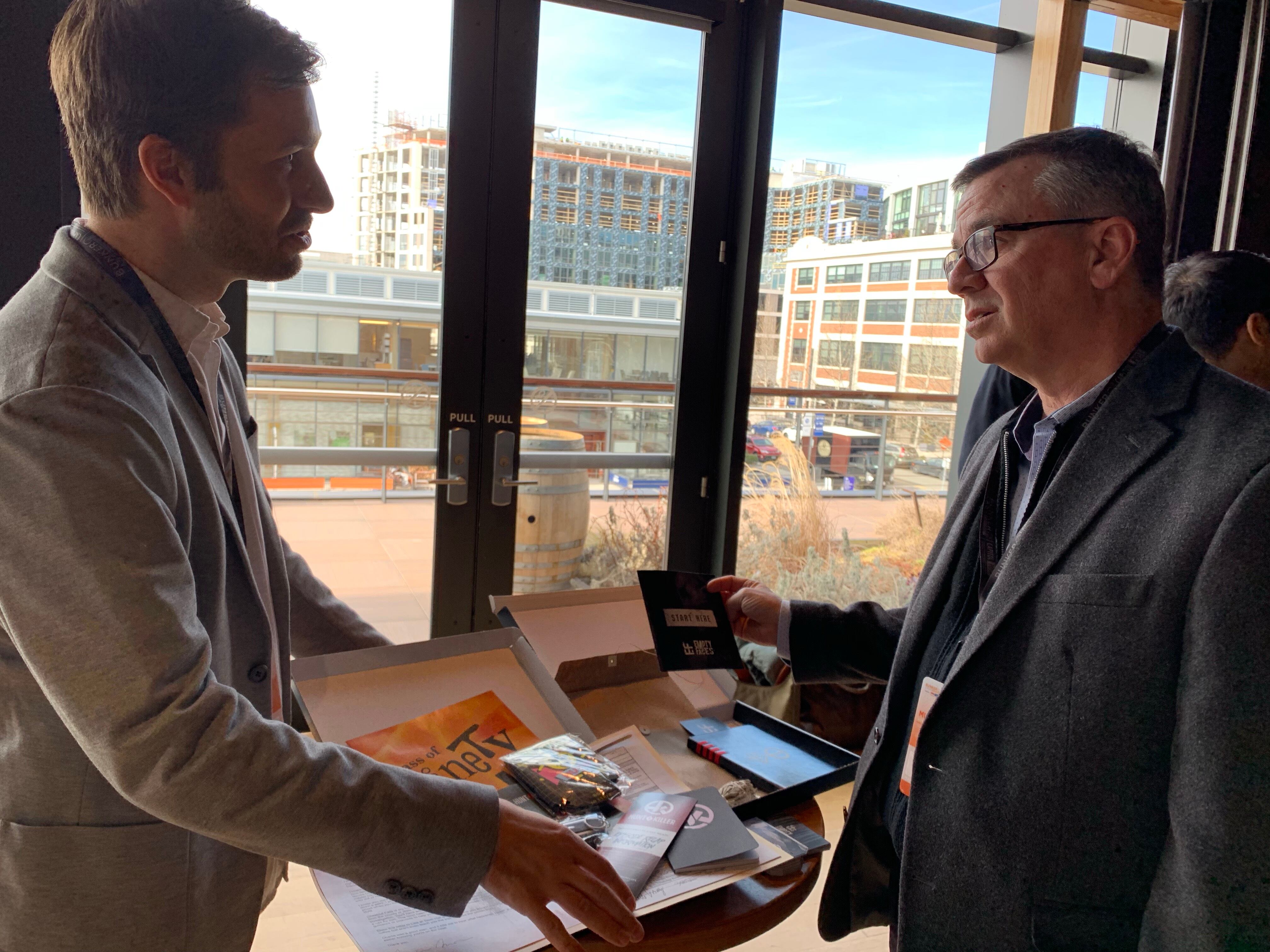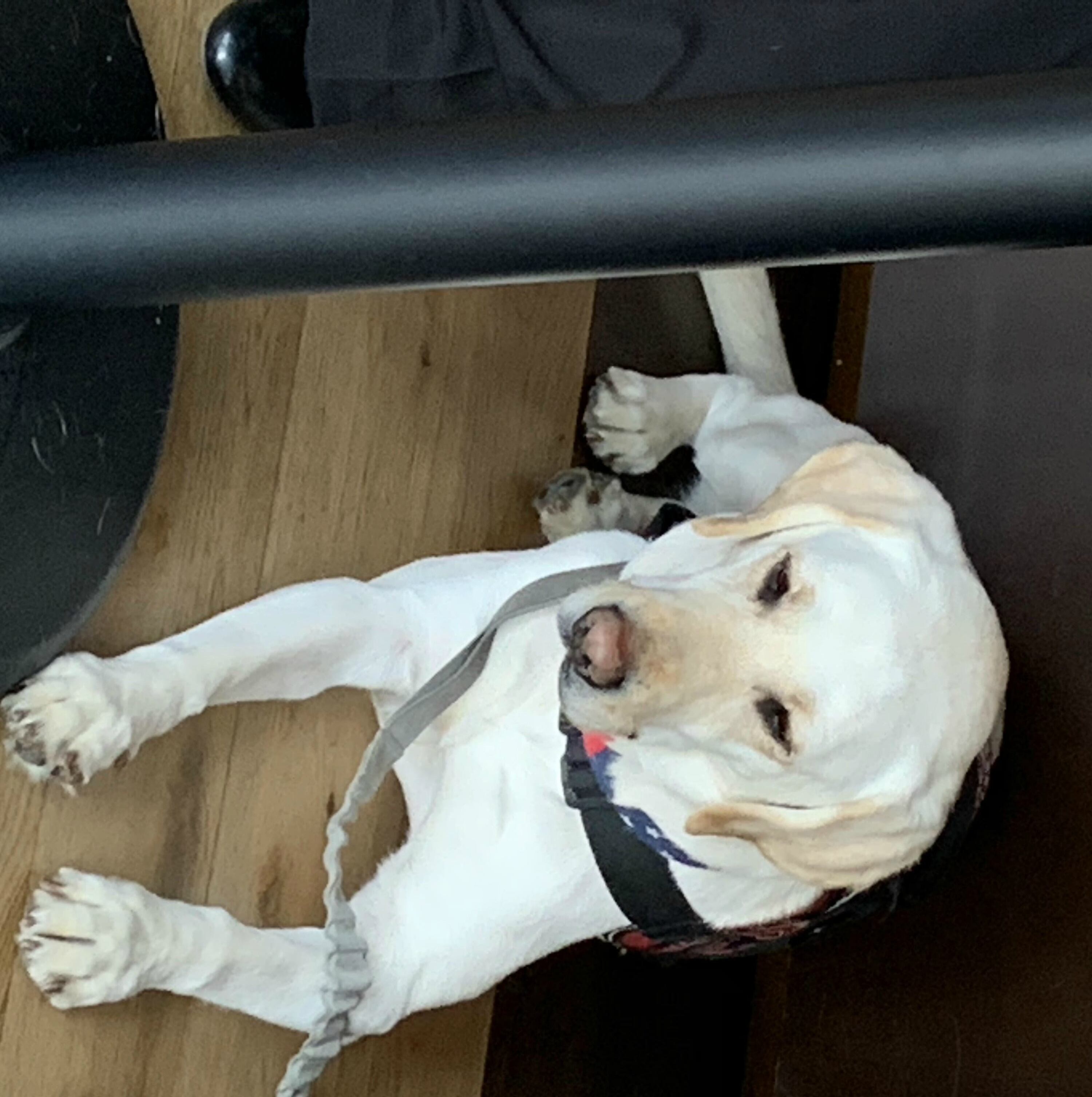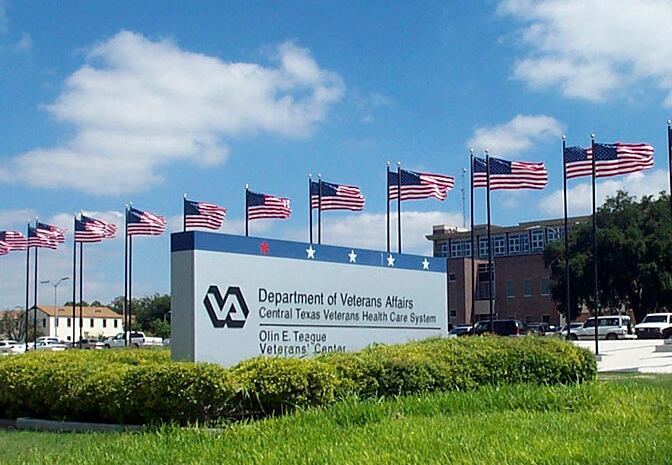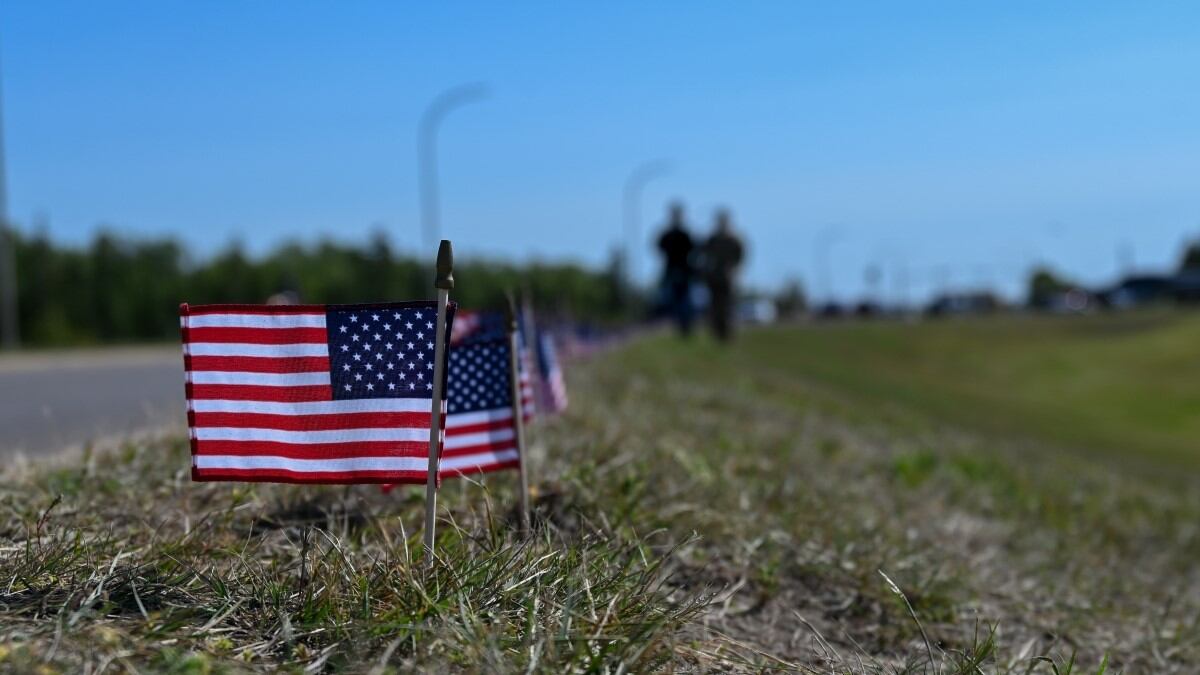Having trouble finding an employer who understands your military skill set?
Why not be your own boss?
That strategy seems to be working for the veterans who showed off their small businesses Tuesday in southeast Washington, D.C., during Bunker Labs’ third-annual Muster Across America Tour.
The participating veteran-run small businesses included a farm specializing in fresh produce, a subscription murder-mystery service, a home-fitness company, a military-apparel business, a retreat for first responders and a site that matches veterans with employers, among others.
Bunker Labs is a nonprofit dedicated to helping veteran entrepreneurs. It co-sponsored the 2019 Muster tour with JPMorgan Chase, which announced it would be investing $3 million in Bunker Labs to improve and expand its operations.
The event featured a keynote address from Under Secretary of the Army Ryan McCarthy, an ex-Army Ranger with firsthand knowledge of the skills veterans can bring to any job.
“They’re resilient people,” he said. “They can deal with a lot of stress. They know how to organize and plan for a problem.”
McCarthy — who quipped that the smallest business he has ever worked for was the House of Representatives — said he believes supporting small businesses is critical.
“It’s more important than ever,” he said. “When you look at the history of the Department of Defense, we’ve always been at our best when entrepreneurs are working with us. We encourage a lot of folks like you to bring us your ideas and work with us.”
The event included a pitch competition, the winner of which received $5,000. First-place went to Off Duty Blue, an online scheduling portal for police officers. A second-place prize of $2,500 was awarded to Hunt A Killer, a two-year-old business with 60,000 monthly subscribers that delivers murder-mystery boxes to the homes of true-crime lovers.
“We build communities,” said Joshua Holley, a Marine Corps veteran and Hunt A Killer’s executive vice president. “You can get the box and you can play by yourself, but we have a lot of members where this is their weekly date night, their family game night every month, or this is their wine club. So it’s a ton of fun.”
Holley said his military service helped prepare him to launch a business.
“The thing with entrepreneurship is that there’s no normal day,” he said. “The idea of bringing organization to chaos, relying on yourself and your teammates, those are the kind of skills taught in the Marine Corps.”

Some of the veterans at Muster started their small businesses to solve problems they faced after separating from the military.
Take Juan Biddix Jr., a retired Army master sergeant and the owner of fitness company Sarge FITT. He found that after exiting the military, he wasn’t as motivated to continue his usual workout routine.
“I was used to working out all the time,” he said. “Once I retired, I didn’t feel like going to the gym to work out again. So I had to figure out a way that I could work out at home with something that I like to do. So the FITT Rack allows me to do what I like to do.”
Others, like Army veteran and Beyond Lettuce owner Kelly Smith, discovered their business passions after re-entering civilian life. In Smith’s case, it was providing restaurants and local markets with fresh produce.
“We target the high-end restaurants,” she said. “We do not try to compete with Whole Foods; we’re not really on that sort of scale. We like the original, the unique, the interesting. So the chefs look to us to grow the things they want but can’t find.”
She credited her time in the military for teaching her logistical skills like organization, scheduling and time management.
One of the event’s biggest stars was Thor the service dog, who drew plenty of interest to the Badges United Foundation booth. That small business was founded by Kim DeFiori (Thor’s owner) and Sara Laszaic, two Army veterans who, after being diagnosed with PTSD, created the foundation to provide recreational therapy and lifestyle education to America’s first responders.

“There are a lot of nonprofits out there that enhance the wellness of our veterans,” said Laszaic. “But for our first responders, there are hardly any.”
Laszaic also said that the military taught her networking and public-speaking skills that she has found useful in building her foundation from the ground up.
A few of the small businesses were started specifically to assist veterans. Assault Forward, which sells military accessories, was created to let veterans visibly identify as such both to civilians and their fellow vets.
“We hope it starts a conversation with people to give veterans a chance to tell their stories,” said Joe Himpelmann, a former Army field artillery officer and co-founder of Assault Forward. He brought up discipline and accountability as examples of military skills serving him well in the business realm.
Finally, there’s Oplign, founded by ex-Navy Seal Mike Grow and Marine veteran Alex Calfee. The two former defense contractors realized that both veterans and their potential employers were being underserved by current hiring practices, so they developed an online service to potentially streamline that process.
“I worked in a dynamic environment. I have small-team leadership skills. I’ve worked with complex and dangerous equipment. I’m safety-focused,” said Calfee of skills he picked up in the Navy. “So we put all of that information into the jobs that should be seeing them.”
Almost all of these veteran small-business owners advised fellow vets interested in entrepreneurship to just do it.
Or, as Hunt A Killer’s Holley put it: “Don’t tell me what you’re thinking about, tell me what you’re doing.”




